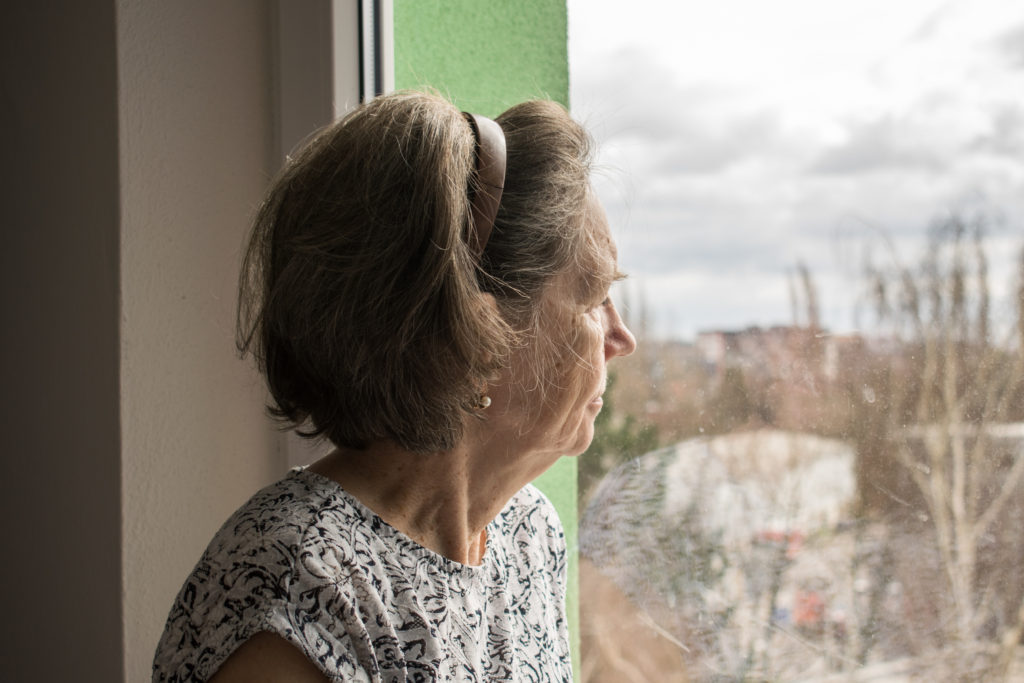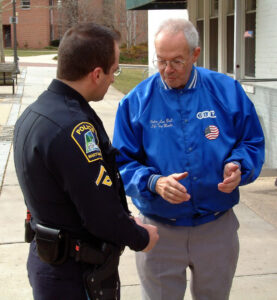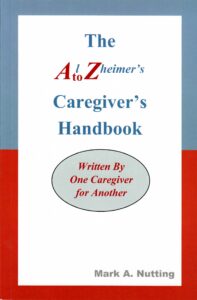In 2018, the Center on Aging and Health, Johns Hopkins University in Baltimore Maryland, published a study of social isolation and its effects on the aging population. Social isolation is a global problem that certainly has negative consequences on the physical and mental health of older adults. Loneliness has been termed the “hidden killer” of older adults isolated in the community. It is not so much about being alone as it is the person’s perception of loneliness. Loneliness is a subjective, detrimental feeling as a result of lack of social relationships. These relationships are often on the decline due to the loss of friends and family the older we get.
Humans are social beings and although some may choose to live in isolation, others are isolated by uncontrollable factors. These factors may include lack of support, lack of transportation, uninvolved family, physical limitations, cognitive decline, etc. In my experience one of the greatest risk factors to isolation and loneliness is the development of dementia. It is common among those living with dementia to withdraw and self-isolate.
The negative effects of social isolation are associated with decreased physical and mental health. These include increasing the risks of cardiovascular disease; decreased immune system; Major Depressive Disorder; Anxiety Disorder; symptoms of dementia; low self-esteem and self-worth; and negative coping mechanisms. The symptoms of dementia experienced, associated with loneliness, may include sleep and appetite disturbances; depressed mood; apathy; fatigue; loss of interest; decreased functional independence; memory impairment; and, decreased concentration and attention. A Dutch study reports that people who feel lonely are more likely to develop clinical dementia over a period of 3 years compared to those who do not experience loneliness.
Approximately 28% or 13.8 million older adults live alone according to the U.S. Department of Health and Human Services. Social isolation is the highest risk of developing the feelings of loneliness. When isolated older adults have access to the opportunity to engage in purposeful and meaningful activities, the increase their life expectancy. Having a purpose positively impacts mood, self-esteem, and self-worth. The other positive impact of purposeful engagement is that it improves the person’s cognitive functioning. Dr. John Cacioppo, a pioneer in the field of social neuroscience passed away in March 2018, his wife, Dr. Stephanie Cacioppo made a very humanistic statement, “As a social species,we are accountable to help our lonely children, parents, neighbors, and even strangers in the same way we would treat ourselves. Treating loneliness is our collective responsibility.”
It is true that many who have lost their life-long partner die of a broken heart. It is a real diagnosis called “taktsubo cardiomyopathy.” This is induced by grief and stress. Think of the impact we could all make if we acknowledge just one lonely older adult and did what we could do to decrease their isolation and loneliness providing them with the opportunity to participate in purposeful engagement.







